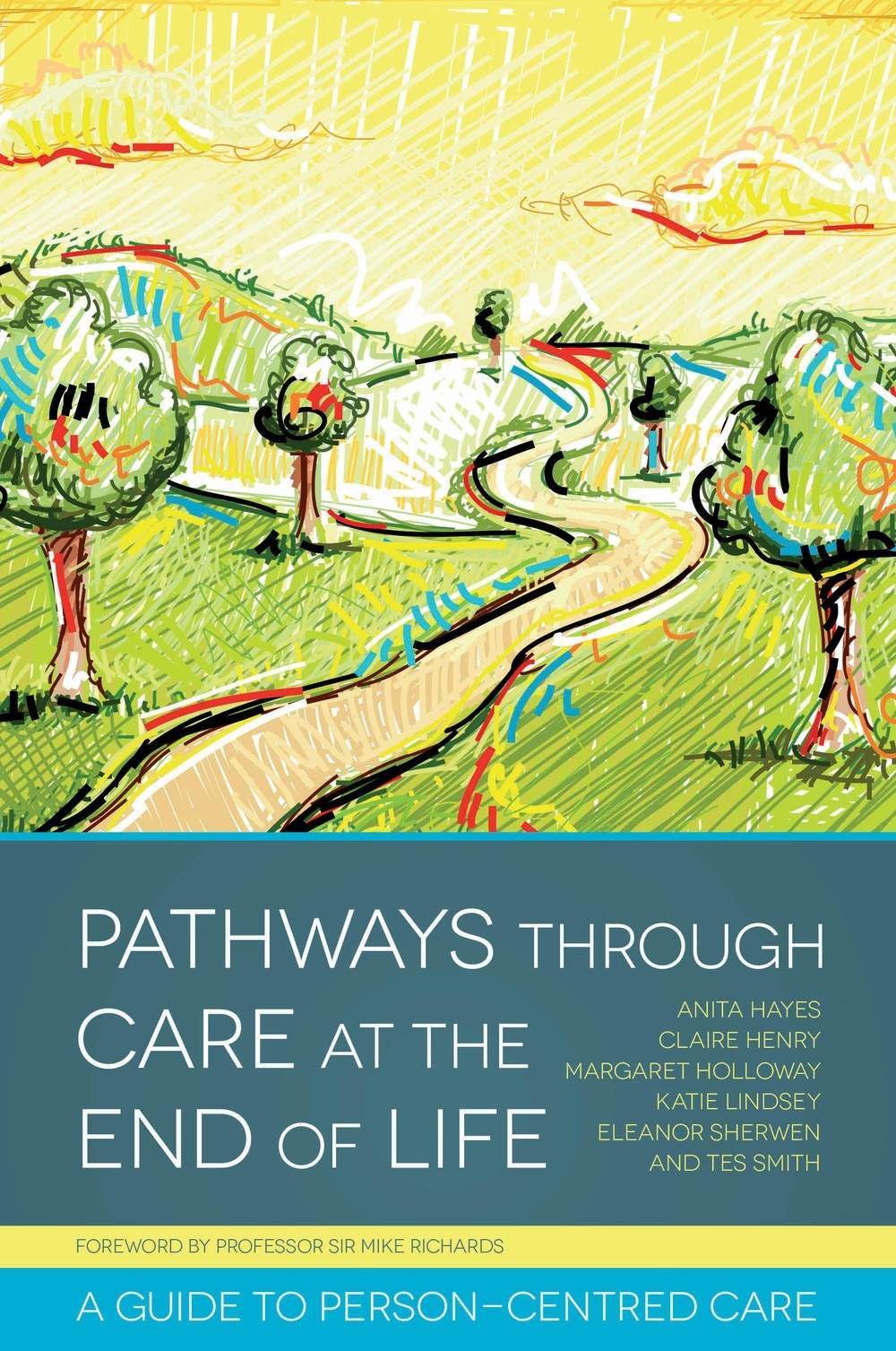
Press Reviews
From the Foreword by Professor Sir Mike Richards, Chief Inspector of Hospitals, Care Quality Commission, UK
This book draws on the rich experience and combined expertise of the authors to offer a resource for all those supporting people on their end of life pathway…[G]lobally we find a remarkable consistency across cultures of what people want when they are dying. They want care which manages distressing symptoms in the most effective way; they want to be treated with compassion, dignity and respect; they want to have the opportunity to set their affairs in order and to be surrounded by those people who are important to them. The implication of meeting those needs, as the core message of this book proclaims, is that end of life care is everybody's business.
Barbara Monroe, Chief Executive, St Christopher's Hospice, UK
This clearly written and comprehensive book will be a valuable source of information and resource for any professional or student interested in improving the practical delivery of end of life care. It describes the methodologies, development and successes of the ground breaking national strategy for End of Life Care launched in England in 2008. The material is brought to life with case studies and best practice examples and reflection is encouraged through the use of 'stop and think' questions.
Malcolm Payne, consultant in social work and end-of-life care and author of Social Work in End-of-Life and Palliative Care
This book provides a comprehensive, up-to-date, research-based account of multi-professional practice in end-of-life care from different professional perspectives. Its authoritative knowledge base relies on the work of the National End of Life Care Programme in England's Department of Health over several years. Its strong focus on flexible, holistic quality of care will make it valuable for specialist and general practitioners in hospital and community health and social care services.
Jane Seymour, Sue Ryder Care Professor of Palliative and End of Life Studies, University of Nottingham, UK
This book elegantly captures how the relatively new focus on 'end of life care' provides a conceptual framework with which to think in a different way about meeting these new needs and has led to change on a wide front…Readers can find interesting synopses of interdisciplinary perspectives on death, dying and epidemiological transition, together with up to date advice about best practice in care planning, communication and coordination of services; all set out in a highly accessible manner. In their discussions, the authors do not shy away from delineating new challenges ahead that will require all of us to work together to continue to transform end of life care so that it better meets the needs of all those facing death, whatever their age or diagnosis, and wherever they are cared for.
